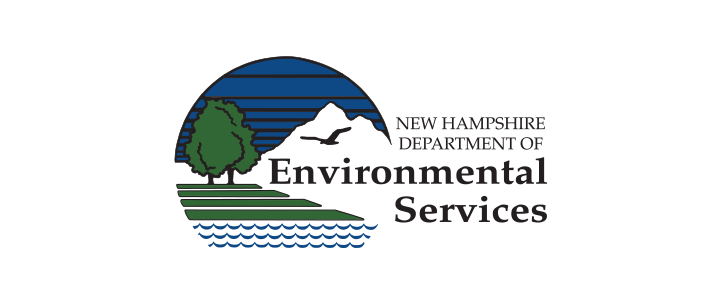
Air pollution controls installed and operational at Saint-Gobain
Saint-Gobain Performance Plastics has successfully installed and is now operating a regenerative thermal oxidizer (RTO) designed to control air emissions of per- and polyfluoroalkyl substances (PFAS) from their fabric coating and film manufacturing operations in Merrimack, NH. Historical operations at the plant had resulted in emissions of perfluorooctanoic acid (PFOA), one of many PFAS compounds, which ultimately contaminated the Southern New Hampshire region’s groundwater and impacted numerous private residential wells in the area. While reformulation of the raw materials used at the facility in 2006 reduced PFOA emissions by over 96%, NHDES investigation of PFAS in stack test samples, raw materials, char from the stacks and dust in the vicinity of the plant indicated that even in 2018, the facility was still contributing to the exceedance of the ambient groundwater quality standard for PFOA and that further air emissions controls were necessary.
In 2019, the company applied to NHDES for a permit to construct and operate the RTO pursuant to a newly adopted state law. The permit was issued in February, 2020 and outlined operating parameters for the control equipment as well as stack testing, monitoring, recordkeeping and reporting requirements. When the facility was unable to meet the February 11, 2021 deadline to install the RTO, NHDES, through the Attorney General’s Office, filed suit and subsequently entered into a Consent Decree with the company that required installation of the RTO by July 30, 2021, operations at the facility to be limited in the interim, an analysis of the raw materials and further analysis of potential hydrogen fluoride emissions, more extensive stack testing, a rainwater study and civil penalties.
On July 14, 2021, Saint-Gobain notified NHDES that the RTO was fully operational. Comprehensive stack testing to confirm that the controls are operating in compliance with the air permit took place the week of September 7-10, 2021. NHDES personnel were on site during the entire stack test to confirm that production and stack testing methods conformed with the stack test plan.
Results of the test are due by the first week in November, 2021.




